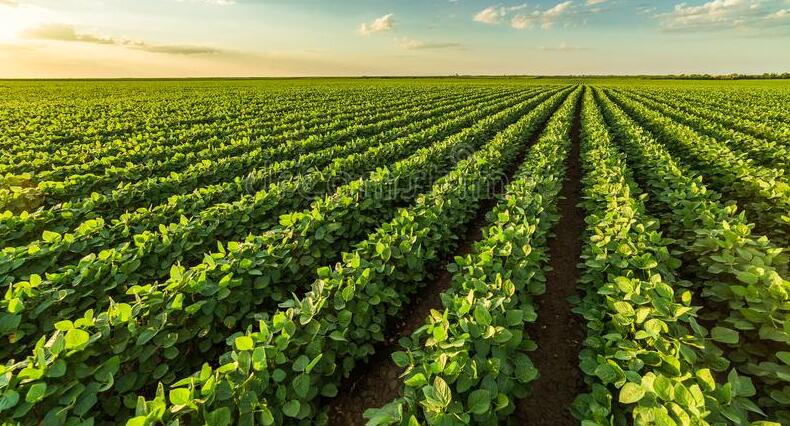Two major soybean-growing villains — taproot decline and nematodes — will be on the agenda for the Tri-State Soybean Conference, an event that returns to Arkansas on Jan. 6.
The annual conference rotates among Arkansas, Louisiana, and Mississippi, and brings together hundreds of producers, researchers and other professionals. It will be held at the Dumas Community Center in Dumas.
The conference opens at 8 a.m. with registration and ends with lunch at 12:15 p.m. There is no cost to attend and pre-event registration is not required. Continuing education units are available and those seeking CEUs can sign up at the door.
“Nematodes and taproot decline — those will have the greatest effect on soybean production next year, which is why we wanted them on the program,” said Steven Stone, Lincoln County extension staff chair for the University of Arkansas System Division of Agriculture. “Our program, from top to bottom, is going to be good and people will pick something up from all the talks.
“This year was very hot and dry for us,” he said. “This is typically when we see issues with nematode injury.”
Travis Faske, extension plant pathologist for the Division of Agriculture, “is going to talk about resistant varieties and highlight some of his work on those varieties and maybe they can head off some of those nematode problems in the future,” Stone said.
He also said soybean growers “have a quickly growing problem with taproot decline. Trey Price from LSU will talk about what we can do to address that through cultural practices and some varieties that have shown some promise as resistant.”
This year’s conference will include experts from all three states covering topics ranging from soil fertility and efficient irrigation to advancements in applicator technology and pest management. Soybean agronomists from Louisiana State University and Mississippi State University and Arkansas’s Division of Agriculture will also deliver a “state of the states” discussion.
Hunter Biram, extension economist for the Division of Agriculture, said he will speak on several economic aspects of soybean production, beginning with the market situation and outlook.
Biram will discuss “what we learned from the summer 2022 drought and the Mississippi River issue, farm bill program decisions for the 2023 season and profitable crop insurance coverage suggestions.”
(Except for the headline, this story has not been edited by PostX News and is published from a syndicated feed.)
